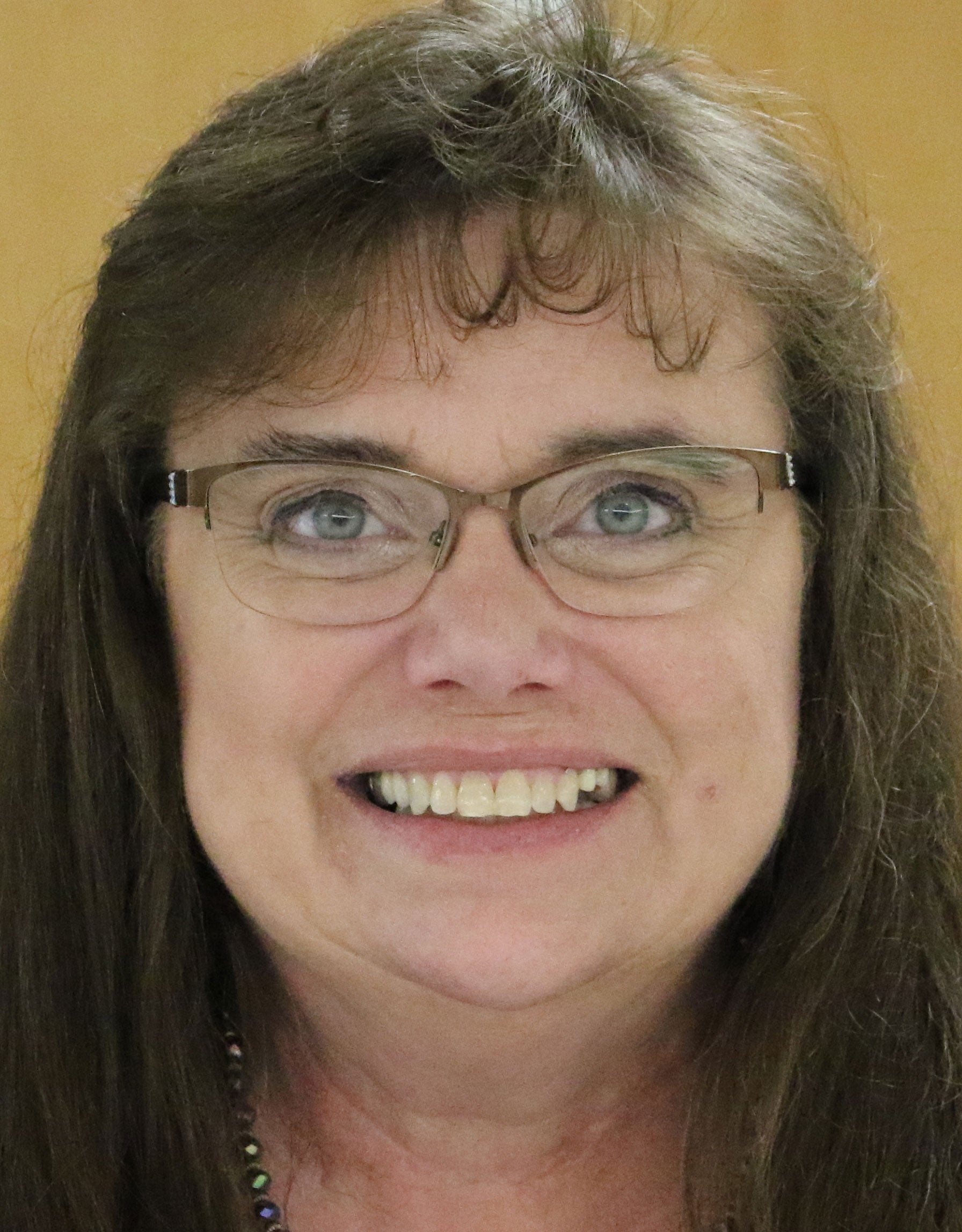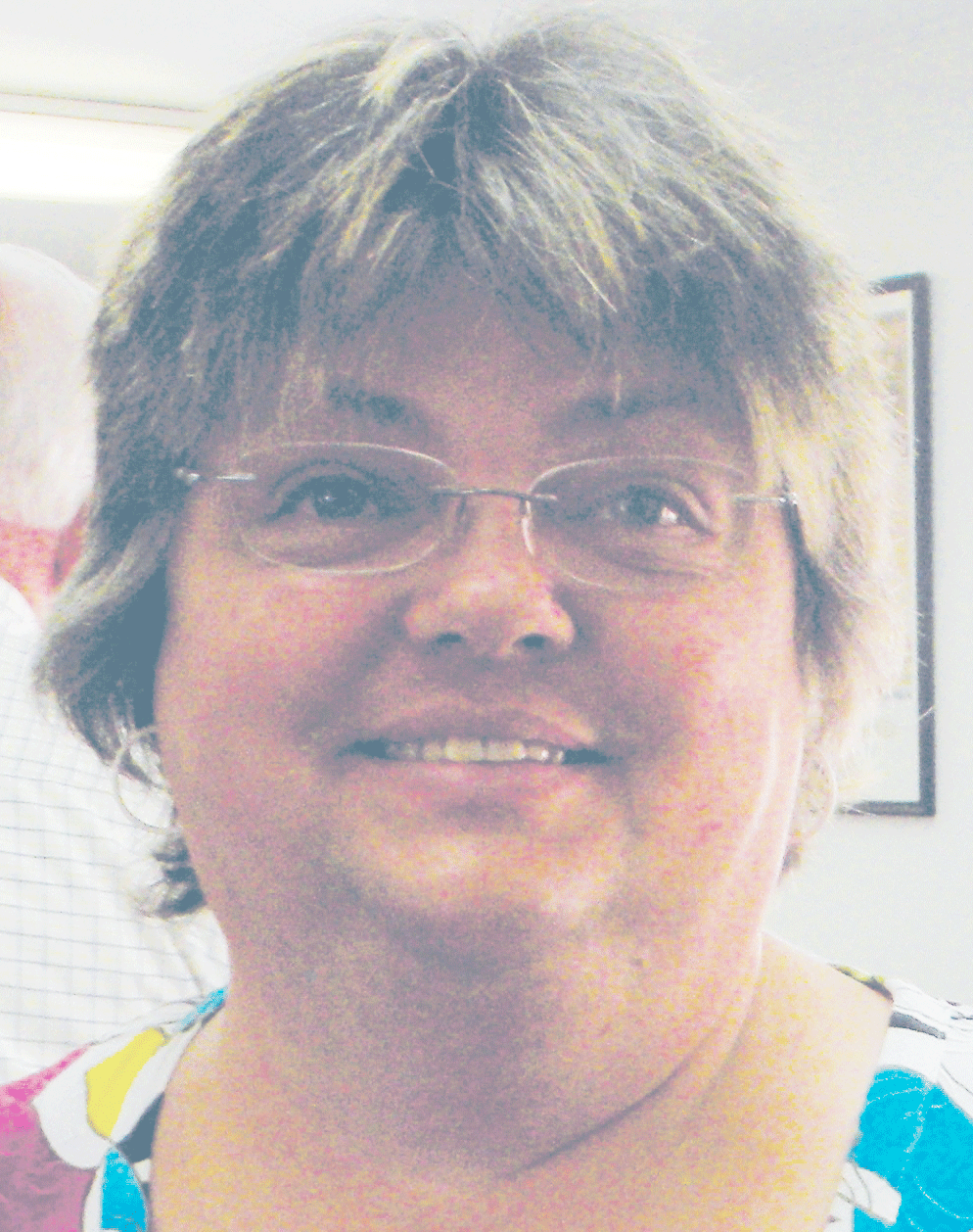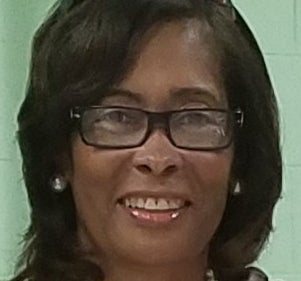SCPS drops word ‘honors’ from Gifted Local Plan
Published 6:01 pm Tuesday, October 11, 2022
|
Getting your Trinity Audio player ready...
|
The Southampton County School Board voted at its regular September meeting to approve an amended Local Plan for the Education of the Gifted that removed the word “honors” from the plan.
Southampton County Public Schools Director of Curriculum and Instruction Kelli Gillette presented the proposed amendment to the board.
“Last year in October, you reviewed and approved the Gifted Local Plan for our division,” she said to board members. “It is a plan that’s updated every five years, and this year I’m asking for an amendment due to a teacher shortage; we’re asking that the word ‘honors’ be removed from the Gifted Local Plan.
“I do want to say that when we’re asked ‘Do we have enough teachers?’ when we talk about the honors classes, if we were able to offer one honors class for each grade level, we have so many kids taking different courses that they couldn’t all possibly be in the same honors class,” she continued. “So due to the teacher shortage, we’re asking that you remove the word ‘honors’ from our Gifted Local Plan at this time.”
School Board Member Lynn Bradley said, “If we remove the word ‘honors’ from the gifted plan, what comes in place of it that is equal to it?”
“We have differentiation in K-12,” Gillette said in reply. “So when they’re in kindergarten, they’re all in the same classroom, they all receive the differentiation. Same occurs when they come up into fifth grade. We have two separate classes at the elementary schools, and our teachers do differentiation in the classrooms — that’s what they do. Differentiation is a response to learned needs. And same thing with middle school, those students in there.
“Now the beauty about when they get into high school, there are different classes they can choose from,” she continued. “For example, if they came to do math, the higher-level students will have taken Algebra I at the middle school level, and they come in to take Geometry and Algebra II, whereas other students coming in would take Algebra I.”
She said the same principle applies for science.
“Students that may be struggling with some of the science would have Environmental Science when they come into ninth grade, and then our higher-level kids or on-level kids can take Biology, and we do have several sections of those classes for those students to sign up for.”
She said it is the same with history, explaining that when students come in, they can take World Geography, or they can take World History I.
“We do not have different English classes, but we would have differentiation in the classroom,” she said, noting that this would include research, collaborating with similarly skilled learners, engaging in creative thinking, strategic problem solving and writing research papers. “We even talked about right now for science, we could have a science fair.
“So there are lots of things to get put in place for students to have differentiation in the classrooms,” she concluded.
“What about AP?” Bradley asked.
“So with our AP classes, right now we are very fortunate, we’ve always had our dual enrollment and AP courses in 11th and 12th grade,” Gillette said. “Now three years ago, we were able to add 10th grade onto those dual enrollment classes. So if you decided you wanted to go the college route, you could start your dual enrollment classes in 10th grade, take a summer class if you wanted to in between, but you could very clearly finish your associate degree in your senior year.
“So we look at the AP courses, and that is different from the dual enrollment because they do have college-level work in class, but they must take an AP exam through the college board and pass that to get the credits for the college,” she continued.
She noted that SCPS pays for the AP exam.
Then she broke down what AP classes are offered by SCPS.
“So in ninth grade, we are offering Art and Design AP, Environmental Science AP and Computer Science AP for our ninth graders,” she said. “In 10th grade, same thing, those three but also AP Macroeconomics. We will continue to keep our AP classes that we currently have in 11th and 12th grade right now. So that’s where we’re at.”
Bradley later asked if there was no AP English class offered, and Gillette explained that there is one.
“We do offer AP English Literature and Composition, and we do offer English 12 dual enrollment as well,” she said.
Bradley asked if dropping honors will affect the associate degrees that students have been able to earn in the past.
“Not at all,” Gillette said. “As a matter of fact, we have students that right now, they don’t have to take dual enrollment, they don’t have to take AP, they can get an advanced diploma just from taking our classes, ninth through 12th grade. They can get the 26 credits for an advanced diploma, and with the associate degree, having honors has nothing to do with having dual enrollment/dual credit to get your associate degree.”
A motion was made to approve the amended Gifted Local Plan, and it passed, but Bradley opted to vote against it, and new Board Member Orris Lane opted to abstain.
Lane explained her rationale during a Tuesday, Oct. 4, interview.
“I felt that I’m a new member on the board, that I did not have enough information to render a good decision, so I abstained,” she said.
OPPOSITION TO THE AMENDED PLAN
After the vote, there was a brief disturbance among people in the gallery who were not happy with the outcome.
Near the beginning of the meeting and prior to the vote, two individuals dedicated their respective three minutes of speaking time during the public comment period to register their opposition to the board approving the amended Gifted Local Plan.
One of the speakers was Emily Brown, who has a freshman and a senior at Southampton High School. She said she found it irresponsible for administration to simply assume that the school board was going to sign the amended plan and begin school out of compliance with the then-current plan.
“Administration states that the reason behind this change of plan is due to the national teacher shortage,” she said. “However, after conversations with administration and with the Department of Education, it is clear to me that the reason is more closely related to the difficulty of scheduling classes than to the teacher shortage.
“There will be no additional teachers required to teach honors classes,” she continued. “However, there will be some time and effort related to properly grouping the students and scheduling the classes. I understand that this will not be easy, but it is possible.”
Both she and William Brown, the other speaker focused on honors classes, said students were not asked upon registration whether they were interested in taking honors classes.
“It’s just easier to say we don’t have enough teachers,” William Brown said. “How can we say this if we don’t know the number of students requesting these classes?”
Emily Brown said, “As you’re aware, the Virginia Code requires differentiation of curriculum for gifted students. Let’s talk about what that looks like without honors classes. Teachers will be asked to instruct multiple levels of learners within the same classroom. This is extremely difficult.
“We’re placing the burden of not having honors classes on the teachers by requesting that they do more in each class,” she continued. “Our gifted and honors students will be held back because the teachers will only have so much time, and our lower-level students will become frustrated. Our teachers will be exhausted, and no one will win in the situation. No levels of our students will win.”








